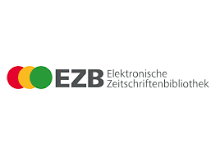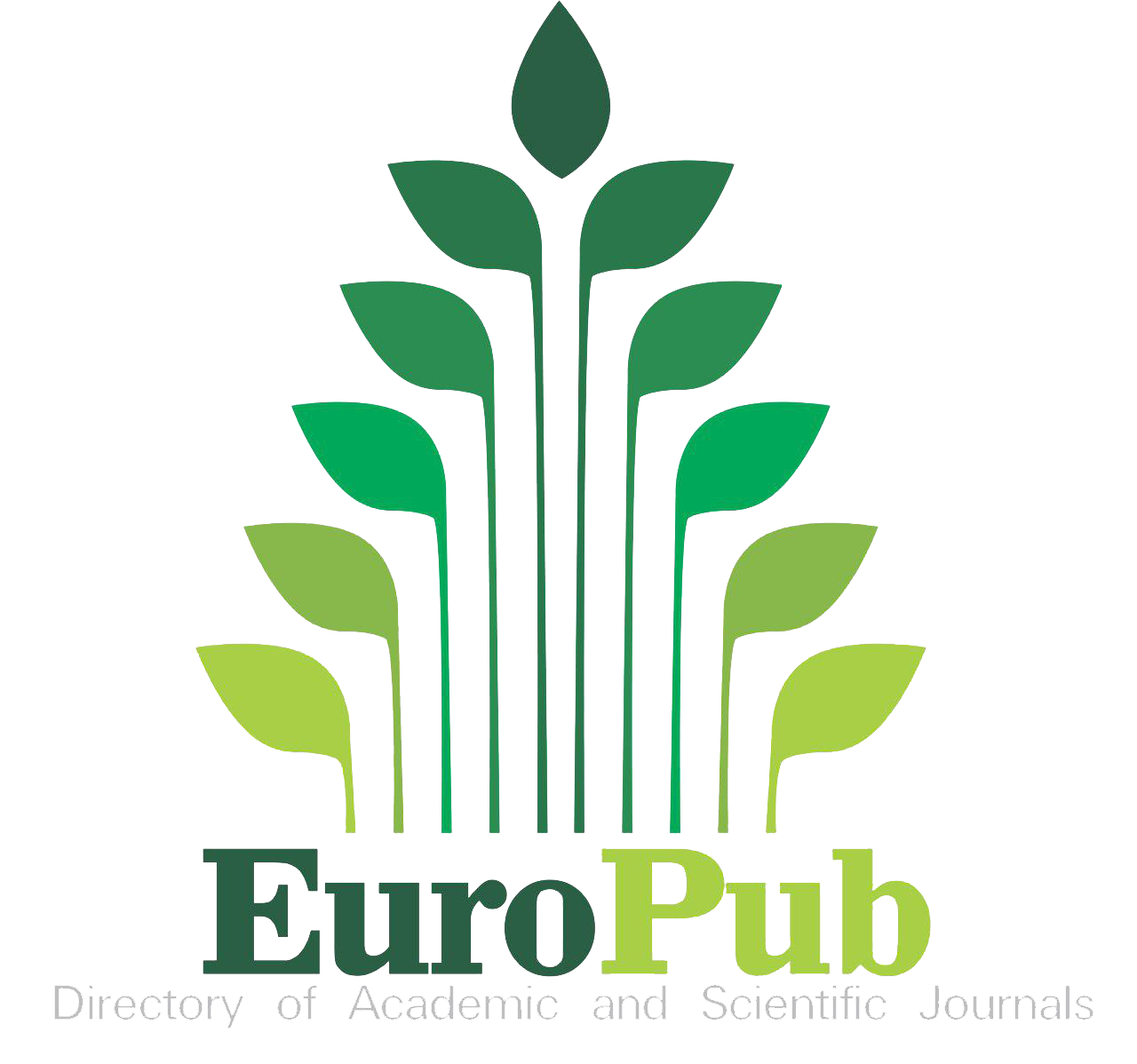Thesaurus analysis of students' self-realization as a method of studying their psychological well-being in university education.
Abstract
The article examines conditions of students’ self-realization as factors of their psychological well-being in university environment. The authors apply the method of thesaurus analysis of students' stories, through which they reveal the semantic markers of their self-realization in the framework of three thesauruses: the thesaurus of self-realization readiness; thesaurus of the self-realization actions; thesaurus of self-realization activators. Based on this data, the following three main narrative dominants of students’ psychological well-being were determined, such as: ego-inclusion in the learning process, comprehensive deployment of personal capacities, and social acceptance in the university community. Given these dominants as a criteria basis, the authors carry out a special survey of students and reveal the degree of their self-realization and well-being in university training.













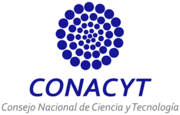
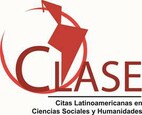




















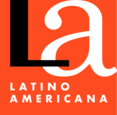
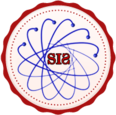
1.png)

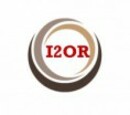





1.png)



